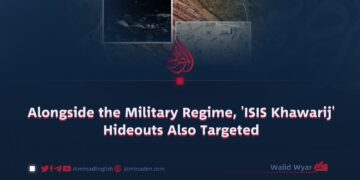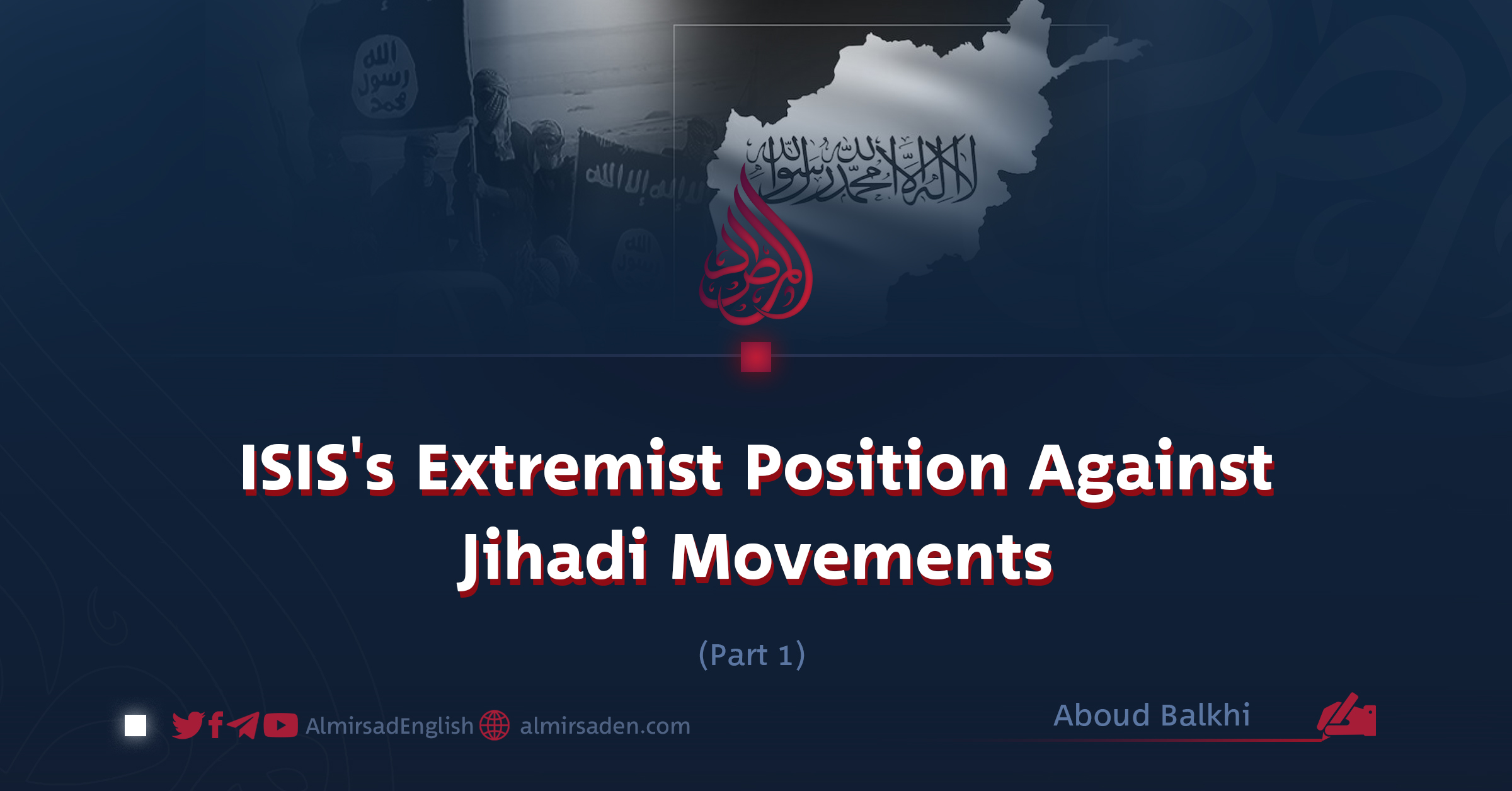Part 1
Author: Aboud Balkhi
ISIS maintains a false and extremist position towards global jihadi movements, categorizing the majority of them as deviant and supporters of non-believers. The organization justifies its confrontations with groups such as the Islamic Emirate, Jabhat al-Nusra, al-Qaeda, Hamas, al-Shabaab, Ansar al-Islam, and Tehrik-i-Taliban Pakistan based on its extremist beliefs. Furthermore, ISIS considers the killing of Mujahideen to be justified.
Outlined below are the assertions made by ISIS Khawarij, which they utilize to rationalize their conflicts with Mujahideen:
1. Position Against the Islamic Emirate
ISIS accuses the Islamic Emirate of focusing on establishing a national government in Afghanistan, rather than adhering to ISIS’s ideology of terror and brutality under the banner of a global caliphate. Therefore, ISIS deems it a duty and their responsibility to combat the Emirate.
However, the Islamic Emirate, from its inception, earnestly battled against corruption and malevolence, thwarted the fragmentation of the nation, eradicated tyranny and oppression, enforced security, and instituted a comprehensive Islamic framework. Afterward, it resisted occupation for two decades and reinstated the Islamic system in Afghanistan, ensuring stability once again.
2. Position Against al-Qaeda
ISIS considers its organization to be the sole legitimate Islamic caliphate and asserts that all Muslims are obligated to pledge allegiance to it. It perceives al-Qaeda as deviating from the primary goal of establishing a caliphate and reproaches it for operating exclusively in limited regions, contrasting with ISIS’s advocacy for a global caliphate.
Additionally, ISIS censures al-Qaeda’s approach as “soft,” accusing it of forming relations with non-Muslim nations and supports a strategy based on political and prolonged efforts. Al-Qaeda focuses on gaining the backing of ordinary Muslims prior to launching attacks, whereas ISIS demands a focus on violence and physical confrontation without regard for public approval.
In truth, al-Qaeda has demonstrated itself to be a significant movement in awakening Muslims to global jihad and in defending Islamic territories against non-Islamic adversaries.
3. Opposition to Jabhat al-Nusra (Tahrir al-Sham)
Jabhat al-Nusra, originally a branch of al-Qaeda, prefers to collaborate with local groups and communities in Syria, viewing the Syrian conflict as a legitimate local jihad. It perceives ISIS’s global caliphate as an intelligence project and values the support of local people.
Jabhat al-Nusra endeavors to garner support from the Syrian populace and other Islamic factions through its endeavors. In contrast, ISIS disregards public opinion, concentrating instead on aggression and radicalism. Consequently, ISIS condemns Jabhat al-Nusra (or Tahrir al-Sham) for adhering to a more lenient approach, censures their political initiatives and local accords, and regards combatting them as a facet of jihad.
In practice, Tahrir al-Sham has demonstrated greater efficacy than most jihadist movements in the struggle for liberation and the establishment of an Islamic framework within their vicinity.



















































